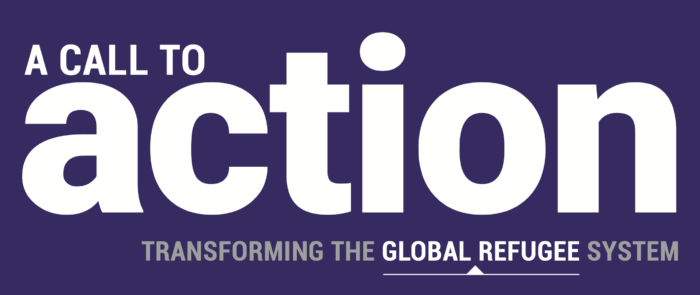Nearly 70 million people around the world, half of them children, fled persecution and conflict, sought asylum or were internally displaced in 2017, and those numbers are rising every year.
Meanwhile, the humanitarian commitment of nations, once a norm, has given way to nativism. Xenophobia — fear and exclusion of the “outsider” — has gathered force in America, Europe, Australia and elsewhere, with populist politicians preying on anti-immigrant fears. The host countries who have opened their arms — most of them, developing nations — feel abandoned by the international community.
The United Nations, humanitarian agencies, the private sector and civil society face enormous hurdles in making positive contributions to the refugee system. The authoritarian regimes responsible for displacing people are not held accountable, and prohibitions in international law are outdated and ignored. The refugee system’s financial requirements are not close to being met. At the United Nations, the power of the Security Council veto hinders action.
What is to be done? Independent and experienced in working with high-level power brokers, the World Refugee Council (WRC) brings political skills to the task of identifying practical solutions that can stimulate innovative change. Since May 2017, the WRC has travelled to host countries on five continents, to better understand the situation first-hand and consult those people with direct knowledge. Its findings come together in 55 recommendations in its report A Call to Action, offering bold, actionable ideas with which to galvanize political will and transform the global refugee and IDP system — and introduced by theme in this summary document, The Essentials.
 Loading…
Loading…
